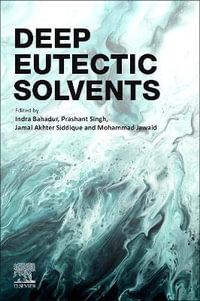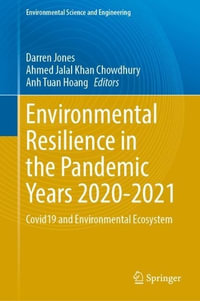The surge of interest in cannabis-based medicinal products has put an extremely high demand on testing capabilities, particularly for contaminants such as heavy metals, which are naturally taken up through the roots of the plants from the soil, growing medium, and fertilizers but can also be negatively impacted by the grinding equipment and extraction/distillation process. Unfortunately, many state regulators do not have the necessary experience and background to fully understand all the safety and toxicological issues regarding the cultivation and production of cannabis and hemp products on the market today.
Measuring Heavy Metal Contaminants in Cannabis and Hemp offers a comprehensive guide to the entire cannabis industry for measuring elemental contaminants in cannabis and hemp. For testing labs, it describes fundamental principles and practical capabilities of ICP-MS and other AS techniques for measuring heavy metals in cannabis. For state regulators, it compares maximum contaminant limits of heavy metals with those for federally regulated pharmaceutical materials. For cultivators and processors, it helps them to better understand the many sources of heavy metals in cannabis. And for consumers of medical cannabis, it highlights the importance of choosing cannabis products that are safe to use.
Other key topics include:
- The role of other analytical techniques for the comprehensive testing of cannabis products
-
- Tips to optimize analytical procedures to ensure the highest quality data
-
- Guidance on how to characterize elemental contaminants in vaping liquids and aerosols
-
- Suggestions on how to reduce errors using plasma spectrochemistry
-
- The role of certified reference materials to validate standard methods
-
- Easy-to-read sections on instrumental hardware components, calibration and measurement protocols, typical interferences, routine maintenance, and troubleshooting procedures
Written with the cannabis testing community in mind, this book is also an invaluable resource for growers, cultivators, processors, testers, regulators, and even consumers who are interested in learning more about the potential dangers of heavy metal contaminants in cannabis and hemp.
























